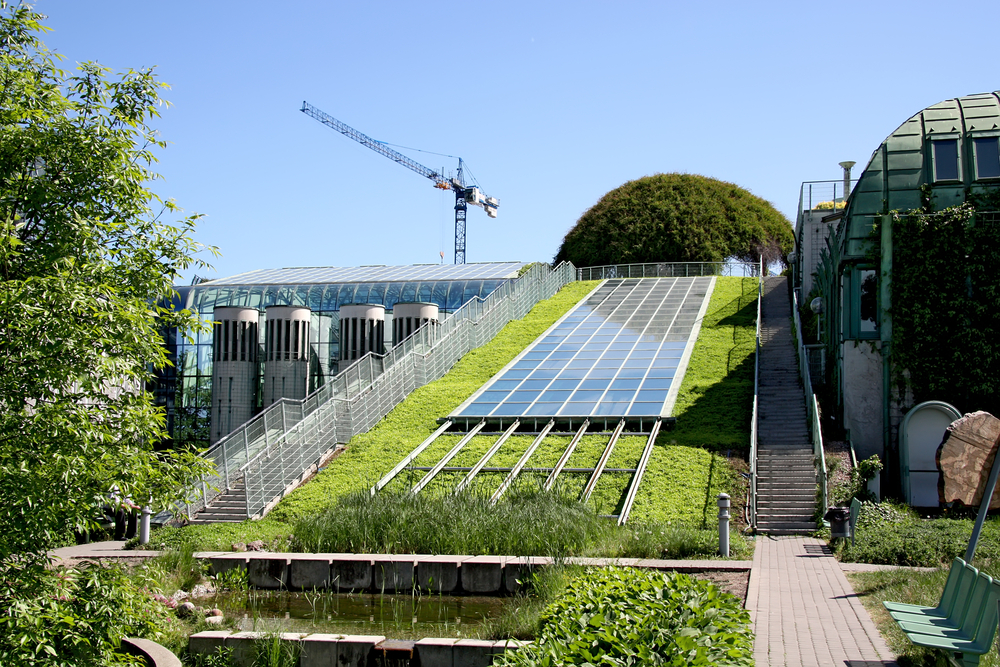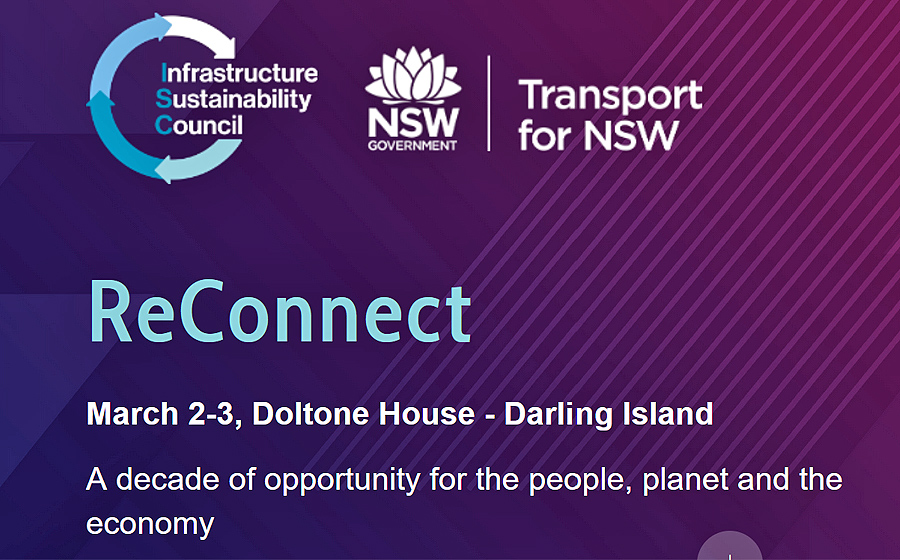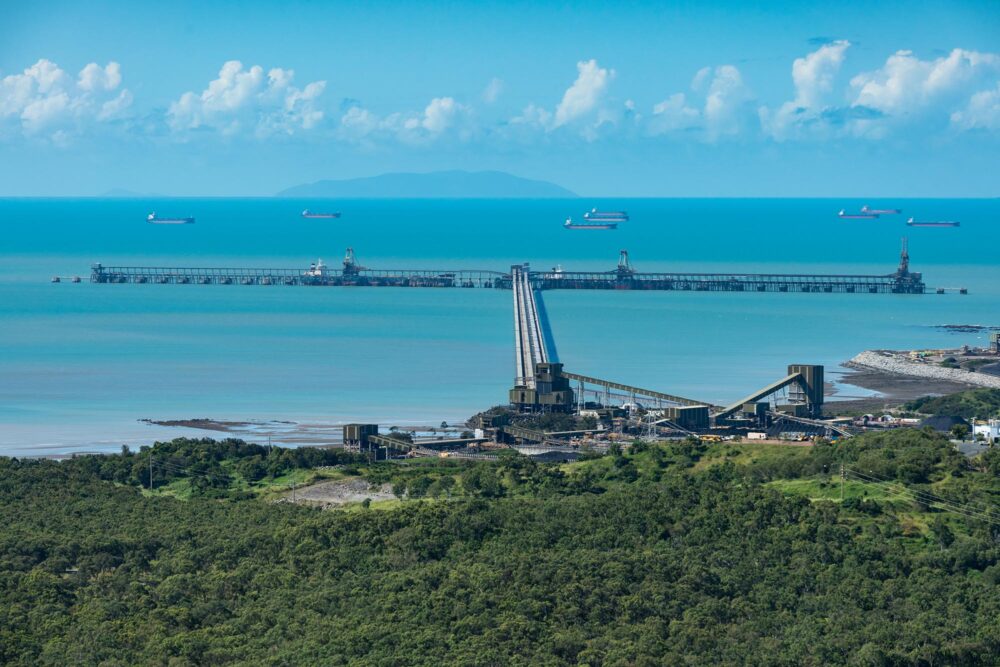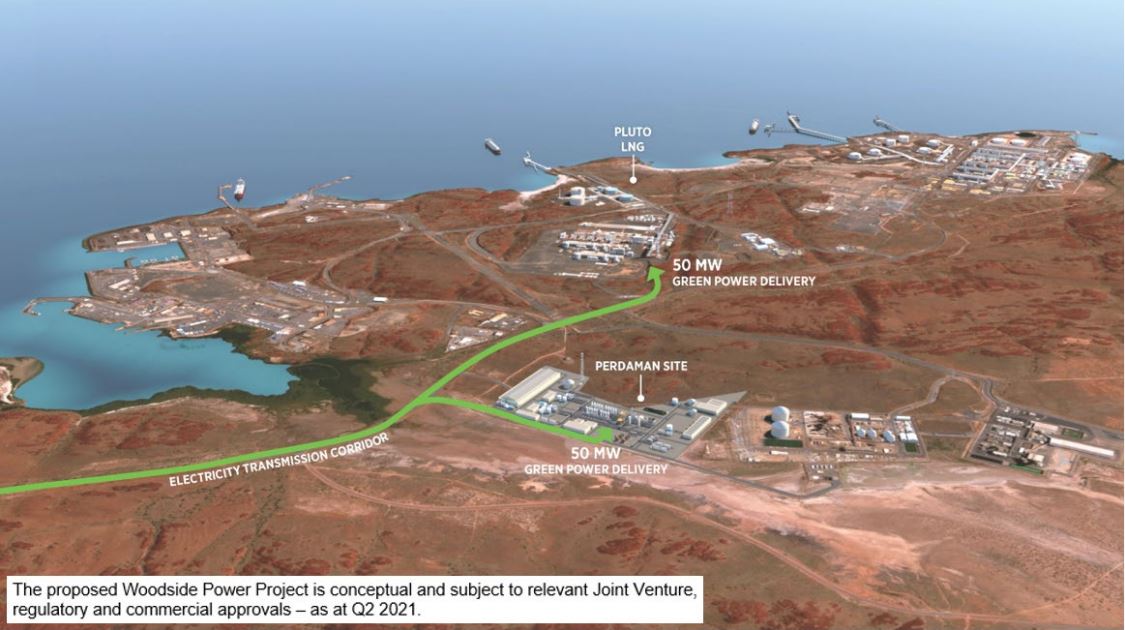
Infrastructure will play a critical role in supporting Australia’s transition to net zero emissions according to a new paper published in partnership by the Infrastructure Sustainability Council of Australia (ISCA), ClimateWorks Australia and the Australian Sustainable Built Environment Council (ASBEC).
Infrastructure contributes around 70 per cent of Australia’s annual greenhouse gas emissions, according to the Issues Paper: Reshaping Infrastructure for a net zero emissions future.
Ainsley Simpson, CEO of ISCA says most infrastructure built today will still be operating in 2050 and by that point, all Australian states and territories are aiming to be at net zero emissions.
Ms Simpson says infrastructure must respond to and support broader economic and social trends, one of which is decarbonisation of Australia’s economy.
“Infrastructure is facing pressure from both the public and private sector to prepare for net zero emissions,” says Ms Simpson.
“In addition to state and territory commitments, private investors are increasingly aligning their portfolios with net zero emissions.”
Mr Michael Li, Senior Project Manager (Cities & Policy), at ClimateWorks Australia says infrastructure influences 15 per cent of Australia’s emissions directly and 55 per cent indirectly.
“Direct emissions occur across the life-cycle including in procurement, construction, operations and decommissioning. But the majority of emissions are associated with the end use of assets and the activities they enable,” says Mr Li.
“For example, providing public transport infrastructure close to population centres can reduce local road transport emissions,” he said.
Ms Suzanne Toumbourou, Executive Director of ASBEC, says that preparing infrastructure for a net zero emissions future is a shared responsibility between all stakeholders across the infrastructure lifecycle, including infrastructure advisors, investors, construction companies and operators.
“With billions of dollars in the infrastructure pipeline, and the need to rapidly rebuild infrastructure after this summer’s natural disasters, now is the time for consensus about what role infrastructure can play in achieving a net zero emissions future,” says Ms Toumbourou.
The Issues Paper will be a focal point for conversations amongst infrastructure stakeholders around reshaping the conception, planning, design, construction and operation of infrastructure for a net zero emissions future.
Using the Issues Paper as a starting point, ISCA, ClimateWorks and ASBEC aim to work collaboratively with those responsible for planning, assessing, funding and delivering infrastructure.
ISCA, ClimateWorks and ASBEC will be actively engaging with infrastructure sector individuals and organisations and inviting them to this important conversation.
“We invite stakeholders from across the infrastructure sector to collaborate and participate in solutions-focused discussions that are essential to reshaping infrastructure for a net zero emissions future,” says Ms Simpson.












